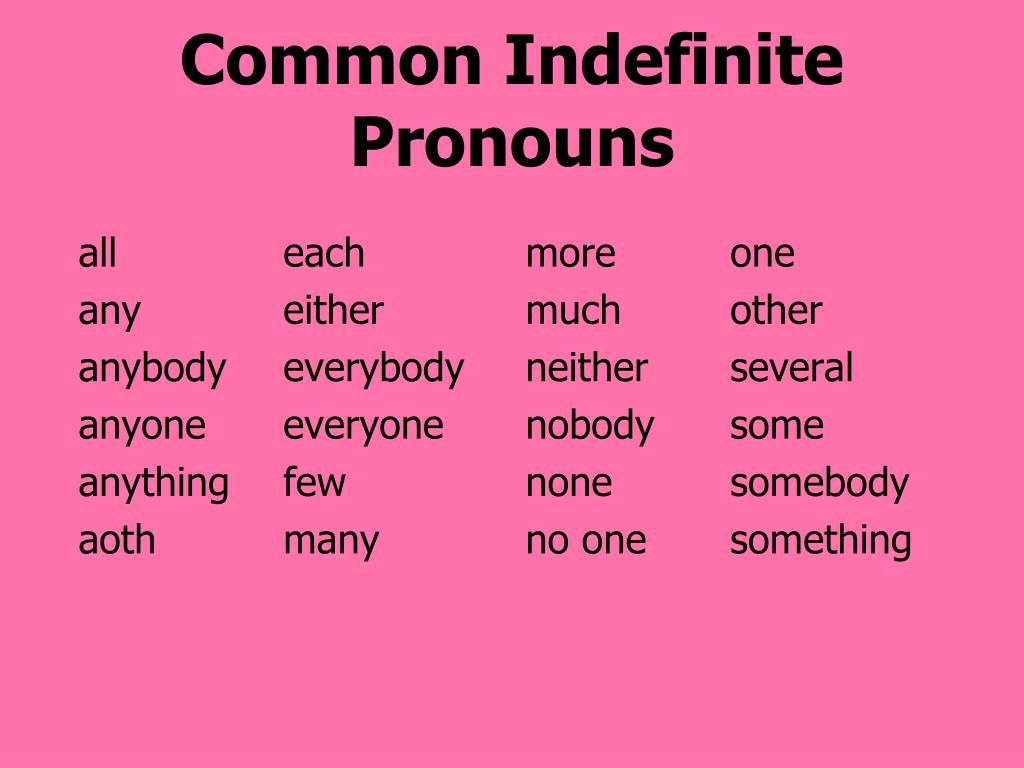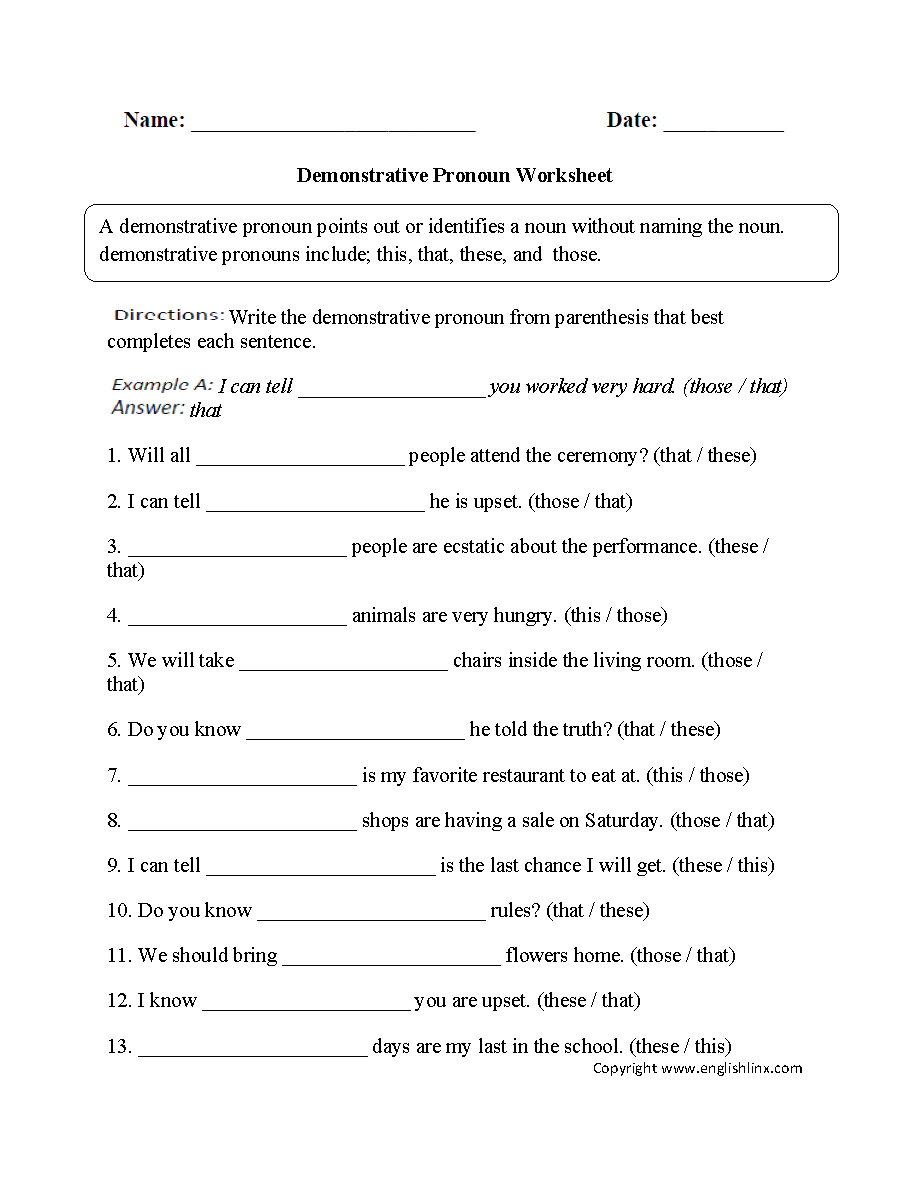

Brown ( 1985) tries to make this intuition explicit by proposing that negative indefinites like nobody and nothing refer to an empty set. How should we define ‘negative indefinite pronouns’? Intuitively, what is meant by saying that an indefinite pronoun is negative is that it somehow expresses the negative sense by itself, inherently, without needing an additional verbal negation. It also formulates a number of cross-linguistic generalizations and proposes functional explanations for them before concluding with an assessment of various diachronic sources of negative indefinites, including negative scalar focus particles and minimal-unit expressions. The chapter proceeds by analysing one important aspect of the syntax of negative indefinites: the co-occurrence with a negative element associated with the verb.


Four main syntactic ways of expressing negative indefinites, or the direct-negation function of indefinite pronouns, are described: verbal negation plus (ordinary) indefinite, verbal negation plus ‘special indefinite’, verbal negation plus ‘negative indefinite’, and ‘negative indefinite’ without verbal negation. It first considers the received taxonomy of negated indefinites, showing that it is inadequate and that the implicational map for representing the functions of indefinite pronouns offers a better classification. Aun así, los pronombres indefinidos con some, también se utilizan en oraciones interrogativas cuando estamos bastante seguros de que la respuesta que buscamos es afirmativa generalmente acostumbran a ser peticiones u ofrecimientos.This chapter examines the typology of negative indefinite pronouns, with particular emphasis on their relation with other indefinites. Why is there water everywhere? ¿Por qué hay agua por todas partes?Įn general, en oraciones interrogativas se utilizan los pronombres indefinidos con any. Is everything all right? ❾stá todo bien?Īre you going somewhere? ¿Vas a algún sitio?ĭid you go anywhere last weekend? ❿uisteis a algún lugar el pasado fin de semana? Is there anything I can do for you? ¿Hay algo que pueda hacer por ti? Is everyone in the car? ❾stá todo el mundo en el coche? Is there anybody home? ¿Hay alguien en casa? Los pronombres con no implican ausencia de personas, cosas o lugares y los pronombres con every, se refieren a todo el conjunto de personas, cosas o lugares.Īre you looking for somebody? ❾stás buscando a alguien? Los pronombres con some se utilizan para describir una persona, cosa o lugar indeterminados. Tus llaves podrían estar en cualquier sitio. Busquemos algún lugar para aparcar el coche.

No es nada, no te preocupes.Įverything is ready. Haría cualquier cosa para conseguir su autografo. I would do anything to get his autograph. Nadie conoce la verdad.Įverybody is excited. Hay alguien en la cocina.Īnyone can be a hero.


 0 kommentar(er)
0 kommentar(er)
